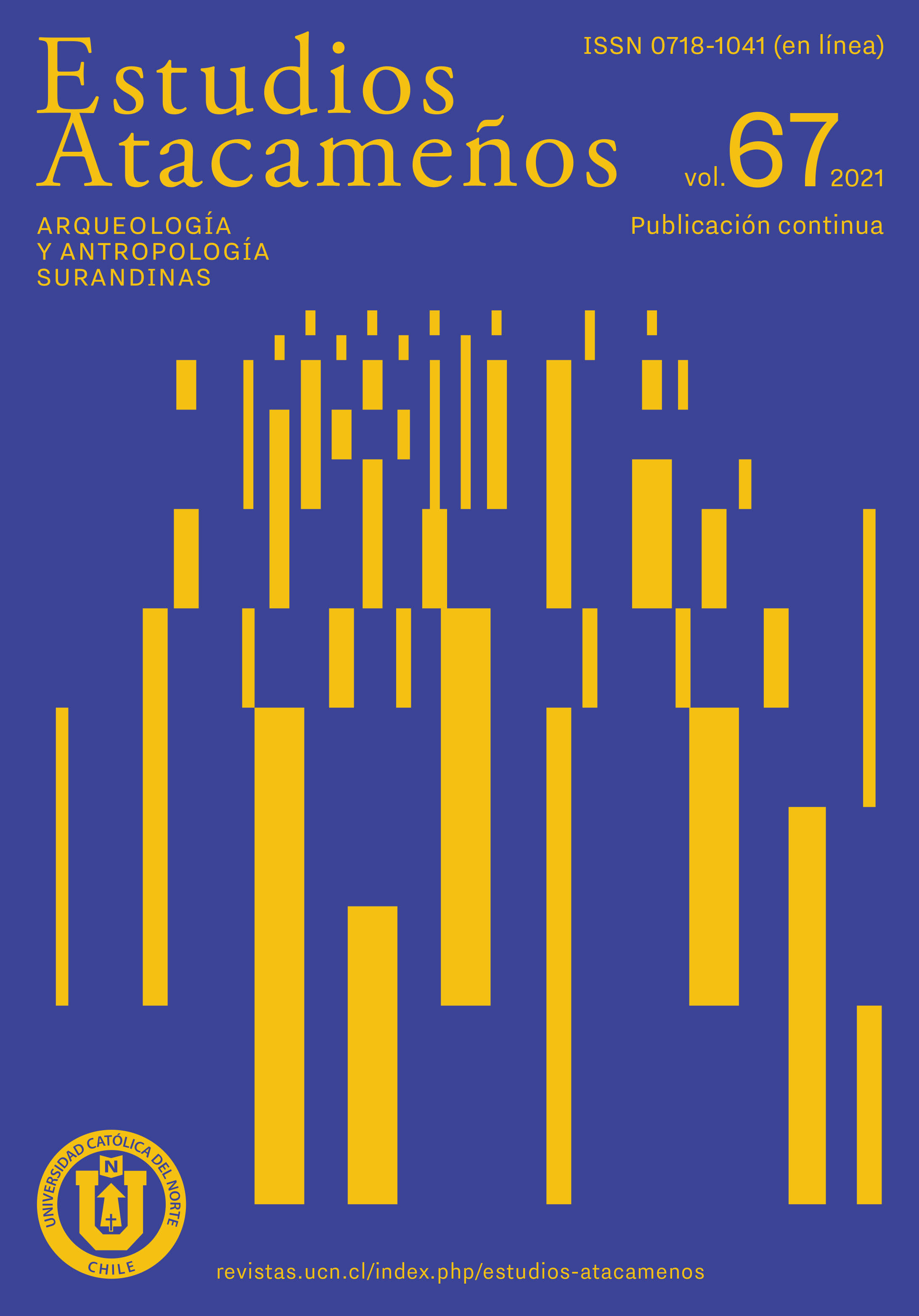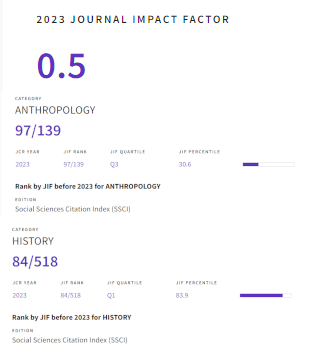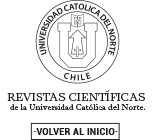From the taverns to the rotative hiring systems
Workers, foremen and alcohol at dock work (Chile 1914-1923)
DOI:
https://doi.org/10.22199/issn.0718-1043-2021-0003Keywords:
dock work, hiring practices, rotative systems for the distribution of work, foremen, alcoholAbstract
This paper is about the hiring practices and mechanisms of favoritism and retribution waged by foremen and workers in some Chilean docks during the first decades of the 20th century. Based on press and business bulletins from the docks of saltpeter and the Concepción area, the conclusion argues that this favoritism was based on a mechanism of retribution constituted mainly by the consumption of alcohol that the workers made in taverns associated with the foremen who nominated the crews. The workers’ way of answering this arbitrariness were the rotating systems for the distribution of the work that they struggled to establish and keep during 1918 and 1923: the “redondilla” and the “turno numerado”.
Downloads
References
Acevedo, A. (1923). El problema de las faenas marítimas en la zona salitrera. El sistema de redondilla y la nueva reglamentación. Talcahuano, Chile: Librería e Imprenta Moderna.
Andersen, S. A. (1992). Dockers’ culture in three North European port cities: Hamburg, Gothenburg and Aarhus 1880-1960. En Holm, P. y Edwards, J. (Eds.). North Sea Ports and Harbours: Adaptations to Change (pp. 133-158). Esbjerg, Dinamarca: Fiskeri og Sofartsmuseet.
Barzman, J. (2000). Dock labour in Le Havre, 1790-1970. En Davies, S. et al. (Eds.). Dock Workers. International Explorations in Comparative Labour History, 1790-1970 (pp. 57-83). Aldershot, Inglaterra: Ashgate.
Cherny, R. W. (2000). Longshoremen of San Francisco Bay, 1849-1960. En Davies, S. et al. (Eds.). Dock Workers. International Explorations in Comparative Labour History, 1790-1970 (pp. 102-140). Aldershot, Inglaterra: Ashgate.
Chisholm, J. (2000). Waterfront conflict: dockers’ strategies and collective actions. En Davies, S. et al. (Eds.). Dock Workers. International Explorations in Comparative Labour History, 1790-1970 (pp. 709-720). Aldershot, Inglaterra: Ashgate.
Cooke Johnson, L. (2000). Criminality on the docks. En Davies, S. et al. (Eds.). Dock Workers. International Explorations in Comparative Labour History, 1790-1970 (pp. 721-745). Aldershot, Inglaterra: Ashgate.
Davis, C. J. (1998). ‘All I got’s a hook’: New York longshoremen and the 1948 dock strike. En Winslow, C. (Ed.). Waterfront Workers: New Perspectives on Race and Class (pp.131-154). Urbana, IL: University of Illinois Press.
Davis, C. J. (2000). New York city and London, 1945-60. En Davies, S. et al. (Eds.). Dock Workers. International Explorations in Comparative Labour History, 1790-1970 (pp. 213-230). Aldershot, Inglaterra: Ashgate.
Davis, S. (2000). Employers and dock labour: employment, work and industrial relations in international perspective. En Davies, S. et al. (Eds.). Dock Workers. International Explorations in Comparative Labour History, 1790-1970 (pp. 604-626). Aldershot, Inglaterra: Ashgate.
De Vries, D. (2000a). Construction of the image of dock labour. En Davies, S. et al. (Eds.). Dock Workers. International Explorations in Comparative Labour History, 1790-1970 (pp. 681-708). Aldershot, Inglaterra: Ashgate.
De Vries, D. (2000b). Nationalism and the making of dock labour in British-ruled Palestine. En Davies, S. et al. (Eds.). Dock Workers. International Explorations in Comparative Labour History, 1790-1970 (pp. 231-250). Aldershot, Inglaterra: Ashgate.
Fernández Labbé, M. (2006). Los usos de la taberna: Renta fiscal, combate al alcoholismo y cacicazgo político en Chile. 1870-1930. Historia, 39(2), 369-429.
Fernández Labbé, M. (2008). Las puntas de un mismo lazo. Discurso y representación social del bebedor inmoderado en Chile, 1870-1930. En Fernández Labbé, M. et al. (Eds.). Alcohol y trabajo. El alcohol y la formación de las identidades laborales. Chile, siglos XIX y XX (pp. 91-120). Osorno, Chile: Editorial Universidad de Los Lagos.
Fernández Labbé, M., Godoy, E., Herrera, P., Muñoz, J., Venegas, H. y Yáñez, J. C. (Eds.). (2008). Alcohol y trabajo. El alcohol y la formación de las identidades laborales. Chile, siglos XIX y XX. Osorno, Chile: Editorial Universidad de Los Lagos.
Godoy Orellana, M. (2003). Fiesta, borrachera y violencia entre los mineros del Norte chico (1840-1900). Revista de Historia Social y de las Mentalidades, 7, 81-117.
Godoy Orellana, M. (2016). Paternalismo industrial y disciplinamiento cultural en el mundo festivo de las ciudades carboníferas chilenas: Lota, 1920-1950. Atenea, 514, 31-48.
Godoy Sepúlveda, E. (2008). El discurso moral de los anarquistas chilenos en torno al alcohol a comienzos del siglo XX. En Fernández Labbé, M. et al. (Eds.). Alcohol y trabajo. El alcohol y la formación de las identidades laborales. Chile, siglos XIX y XX (pp. 121-144). Osorno, Chile: Editorial Universidad de Los Lagos.
Grez, S. (2000). Transición en las formas de lucha: Motines peonales y huelgas obreras en Chile (1891-1907). Historia, 33, 141-225.
Grez, S. (2007). De la “regeneración del pueblo” a la huelga general: Génesis y evolución histórica del movimiento popular en Chile (1810-1890). Santiago: RIL Editores.
Herrera, P. (2008). ‘Trabajar para beber o beber para trabajar’. Campesinado, alcohol y relaciones sociolaborales en Chile, 1867-1910. En Fernández Labbé, M. et al. (Eds.). Alcohol y trabajo. El alcohol y la formación de las identidades laborales. Chile, siglos XIX y XX (pp. 63-90). Osorno, Chile: Editorial Universidad de Los Lagos.
Holley, H. (1905). Las Huelgas. Prueba para optar al grado de Licenciado, Facultad de Leyes y Ciencias Políticas, Universidad de Chile, Santiago.
Illanes, M. A. (1990). Azote, salario y ley. Disciplinamiento de la mano de obra en la minería de Atacama (1817-1850). Proposiciones, 19, 90-122.
Kimeldorf, H. (1988). Reds or Rackets? The Making of Radical and Conservative Unions on the Waterfront. California, CA: University of California Press.
Mankelow, R. (2000). The port of London, 1790-1970. En Davies, S. et al. (Eds.). Dock Workers. International Explorations in Comparative Labour History, 1790-1970 (pp. 365-385). Aldershot, Inglaterra: Ashgate.
Mars, G. (1987). Longshore drinking, economic security and union politics in Newfoundland. En Douglas, M. (Ed.). Constructive Drinking: Perspectives on Drink from Anthropology (pp. 91-101). Cambridge, MA: Cambridge University Press.
Mercado, J. (2004). Combinación Mancomunal de Obreros de Antofagasta y politización popular, 1903-1906. Anuario de Pregrado, Facultad de Filosofía y Humanidades, Universidad de Chile, Santiago.
Muñoz Sougarret, J. (2008). Notas sobre la relación entre alcohol y trabajo en la frontera sur de la Araucanía. Segunda mitad del siglo XIX. En Fernández Labbé, M. et al. (Eds.). Alcohol y trabajo. El alcohol y la formación de las identidades laborales. Chile, siglos XIX y XX (pp. 37-62). Osorno, Chile: Editorial Universidad de Los Lagos.
Navarro, J. (2019). Fiesta, alcohol y entretenimiento popular. Crítica y prácticas festivas del Partido Obrero Socialista. Chile, 1912-1922. Historia, 52(1), en prensa.
Nelson, B. (2000). Longshoremen in the port of New York, 1850-1940. En Davies, S. et al. (Eds.). Dock Workers. International Explorations in Comparative Labour History, 1790-1970 (pp. 386-404). Aldershot, Inglaterra: Ashgate.
Oyarzún, E., Concha, J. E. y Philippi, J. (1917). Informe presentado al Supremo Gobierno sobre las huelgas de Iquique en 1916. Santiago.
Parker, C., Valenzuela, S. y Ávalos, G. (1985). Perspectiva del desarrollo histórico de las organizaciones de los obreros marítimos chilenos. Memoria para optar al título de Profesor de Estado en Historia y Geografía, Universidad Católica de Valparaíso, Valparaíso.
Pinto Rodríguez, J. (1991). Tras la huella de los paraísos artificiales. Mineros y campesinos de Copiapó, 1700-1850. Proposiciones, 20, 232-247.
Pinto Vallejos, J. (1990). La transición laboral en el norte salitrero: La Provincia de Tarapacá y los orígenes del proletariado en Chile, 1870-1890. Historia, 25, 207-228.
Pinto Vallejos, J. (1994). En el camino de la mancomunal: Organizaciones obreras en la Provincia de Tarapacá, 1880-1895. Cuadernos de Historia, 14, 81-135.
Pred, A. (1990). Lost Words and Lost Worlds: Modernity and the Language of Everyday Life in Late Nineteenth-Century Stockholm. Cambridge, Estados Unidos: Cambridge University Press.
Santibáñez Rebolledo, C. (2015a). Huelgas y lockouts portuarios por la redondilla: Los conflictos por el control de la contratación en los muelles chilenos (1916-1923). Tesis para optar al grado de Magíster en Historia, Mención Historia de Chile, Departamento de Historia, Universidad de Santiago de Chile, Santiago.
Santibáñez Rebolledo, C. (2015b). El movimiento obrero en los muelles salitreros chilenos: Apuntes en torno a un informe de huelgas (Iquique 1916). Páginas, 14, 7-19.
Santibáñez Rebolledo, C. (2017). Los trabajadores portuarios chilenos y la experiencia de la eventualidad: Los conflictos por la redondilla en los muelles salitreros (1916-1923). Historia, 50(2), 699-728.
Santibáñez Rebolledo, C. (2018a). La IWW y el movimiento obrero en Chile: El caso de los obreros portuarios nortinos (1919-1923). Diálogo Andino, 55, 19-28.
Santibáñez Rebolledo, C. (2018b). Los estibadores de Talcahuano y San Vicente en la prensa obrera local, 1893-1948. Informe preparado para el Comunal Talcahuano-San Vicente de la Unión Portuaria del Biobío, Talcahuano.
Santibáñez Rebolledo, C. (2019). Comunidades obreras portuarias y propensión a la huelga: Iquique, 1923. Avances del Cesor. Vol. XVI(21), 159-172.
Trice, H. M. (1993). Occupational Subculture in the Workplace. Ithaca, NY: ILR Press.
Van Voss, L. H. y Van der Linden, M. (2000). Dockers’ configurations. En Davies, S. et al. (Eds.). Dock Workers. International Explorations in Comparative Labour History, 1790-1970 (pp. 762-780). Aldershot, Inglaterra: Ashgate.
Venegas, H. (2008). Trabajo y alcohol: una relación conflictiva. La experiencia minera de Atacama en el siglo XIX. En Fernández Labbé, M. et al. (Eds.). Alcohol y trabajo. El alcohol y la formación de las identidades laborales. Chile, siglos XIX y XX (pp. 9-36). Osorno, Chile: Editorial Universidad de Los Lagos.
Weinhauer, K. (2000). Power and control on the waterfront: casual labour and decasualisation. En Davies, S. et al. (Eds.). Dock Workers. International Explorations in Comparative Labour History, 1790-1970 (pp. 580-603). Aldershot, Inglaterra: Ashgate.
Yáñez, J. C. (2008). La intervención social en Chile y el nacimiento de la sociedad salarial (1907-1932). Santiago: RIL Editores.
Yávar, A. (1989). El gremio de jornaleros y lancheros de Valparaíso, 1837-1859. Etapa de formación. Historia, 24, 319-395.
Fuentes Periódicas Consultadas
¡Adelante!, Talcahuano.
Boletín mensual Asociación de Productores de Salitre, Valparaíso.
El Despertar de los Trabajadores, Iquique
El Proletario, Iquique.
El Socialista, Antofagasta.
El Surco, Iquique.
La Chispa, Talcahuano.
Downloads
Published
Issue
Section
License
Copyright (c) 2021 Camilo Andrés Santibáñez Rebolledo

This work is licensed under a Creative Commons Attribution 4.0 International License.

All works published in Revista Estudios Atacameños (ISSN on line:0718-1043) Revista Estudios Atacameños Creative Commons International 4.0 attribution (CC BY 4.0) licence.
Authors remain the owners of their work and may republish their articles elsewhere without having to request permission, as long as they indicate that the work was originally published in Revista Estudios Atacameños (ISSN on liine:0718-1043).












